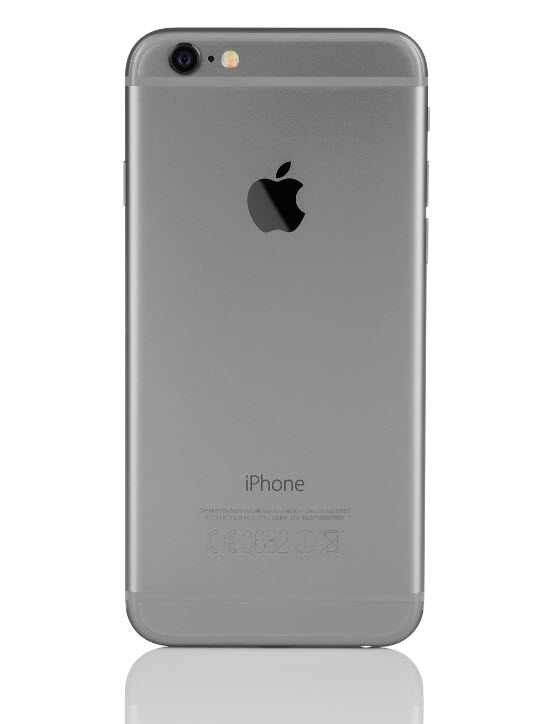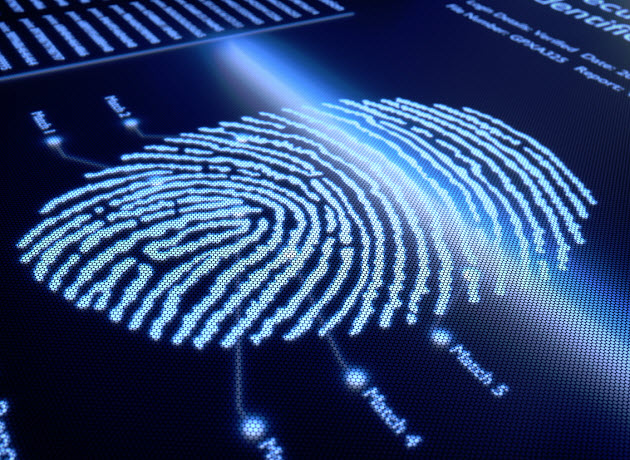Federal government shows strong support for Apple Pay
Apple Pay has gotten a major boost from the U.S. federal government. Apple has announced that its new mobile payments platform has received approval to accept payments for the federal government. The platform will begin accepting these payments in fall. The platform will be able to accept payments for those visiting federal locations, such as national parks, and will also be used for payment cards issued by the federal government.
Apple Pay’s latest victory may provide the service with the momentum it needs to break into new markets
The support from the federal government is a major victory for Apple Pay, which has come to establish a dominating presence in the mobile payments field. The platform is nearly four months old, having launched late last year, and has already managed to capture a significant portion of the mobile payments market. With the backing of the federal government, the platform is expected to continue gaining momentum, which will be needed to break into the payment markets of other countries.
Mobile payments continue to thrive in the United States
 Mobile payments has become quite popular among consumers in the United States. Many see paying with Apple Pay, and similar services, as a more convenient form of commerce. This is because many of these people already use their smartphones and other devices for many things in their daily lives. Mobile payment services have managed to gain strong support from consumers because of their convenient nature.
Mobile payments has become quite popular among consumers in the United States. Many see paying with Apple Pay, and similar services, as a more convenient form of commerce. This is because many of these people already use their smartphones and other devices for many things in their daily lives. Mobile payment services have managed to gain strong support from consumers because of their convenient nature.
Biometric technology helps keep Apple Pay secure
Apple Pay is not only convenient for consumers, of course, as it is also quite secure. The service makes use of biometric technology, which uses biological information, such as a finger print, to protect the financial information of its users. Such technology is becoming more important in the mobile payments field, as the market has become a prime target for malicious groups that would exploit the financial information of consumers. The security measures that Apple has incorporated into its payment platform has received praise from the U.S. government.
BWild |
February 16, 2015
Biometric technology may become a very prominent part of the mobile commerce world
Advanced biometric technology could play a major role in the future of mobile commerce and security. NXT-ID, a company that specializes in biometric technology, will be attending a new business event that has been formed to promote the use of smart technologies in the North American market. This technology is becoming quite prominent, because it serves as a way to improve the security of mobile devices. Mobile security has become a major priority for those that are participating in mobile commerce.
NXT-ID to highlight new technology at upcoming event
At the event, NXT-ID’s chief technology officer, David Tunnell, will be speaking about the issues that exist in the digital world. Tunnell will make note of technologies that have been designed to protect private information and how these technologies can be used in a convenient manner. Attention will be brought to NXT-ID’s own solution, called MobileBio, which has been developed to mitigate consumer risks in the realm of mobile commerce and computing.
Biological information could keep consumers safe
 Biometric technology is gaining momentum in the mobile commerce industry because of its ability to protect consumer information. This technology uses biological information to safeguard mobile services and devices. This information can be a fingerprint, a person’s voice, or even their eyes, as biometric scanners can be used to collect this information. This information can then be used to unlock a mobile device or authenticate a mobile payment.
Biometric technology is gaining momentum in the mobile commerce industry because of its ability to protect consumer information. This technology uses biological information to safeguard mobile services and devices. This information can be a fingerprint, a person’s voice, or even their eyes, as biometric scanners can be used to collect this information. This information can then be used to unlock a mobile device or authenticate a mobile payment.
Mobile security continues to be a problematic issue for the mobile commerce market
Mobile security remains as one of the greatest challenges in the mobile commerce field. The market has become a target for malicious groups that will take advantage of consumer information by exploiting the weaknesses of some mobile commerce platforms. Biometric technology could help resolve this issue, as obtaining biological information is considerably more difficult for hackers than it is to steal digitally. While biometric technology may help resolve many security issues, the technology does not exist as an absolute defense against threats.
 Mobile payments has become quite popular among consumers in the United States. Many see paying with Apple Pay, and similar services, as a more convenient form of commerce. This is because many of these people already use their smartphones and other devices for many things in their daily lives. Mobile payment services have managed to gain strong support from consumers because of their convenient nature.
Mobile payments has become quite popular among consumers in the United States. Many see paying with Apple Pay, and similar services, as a more convenient form of commerce. This is because many of these people already use their smartphones and other devices for many things in their daily lives. Mobile payment services have managed to gain strong support from consumers because of their convenient nature.
 Biometric technology is gaining momentum in the mobile commerce industry because of its ability to protect consumer information. This technology uses biological information to safeguard mobile services and devices. This information can be a fingerprint, a person’s voice, or even their eyes, as
Biometric technology is gaining momentum in the mobile commerce industry because of its ability to protect consumer information. This technology uses biological information to safeguard mobile services and devices. This information can be a fingerprint, a person’s voice, or even their eyes, as 